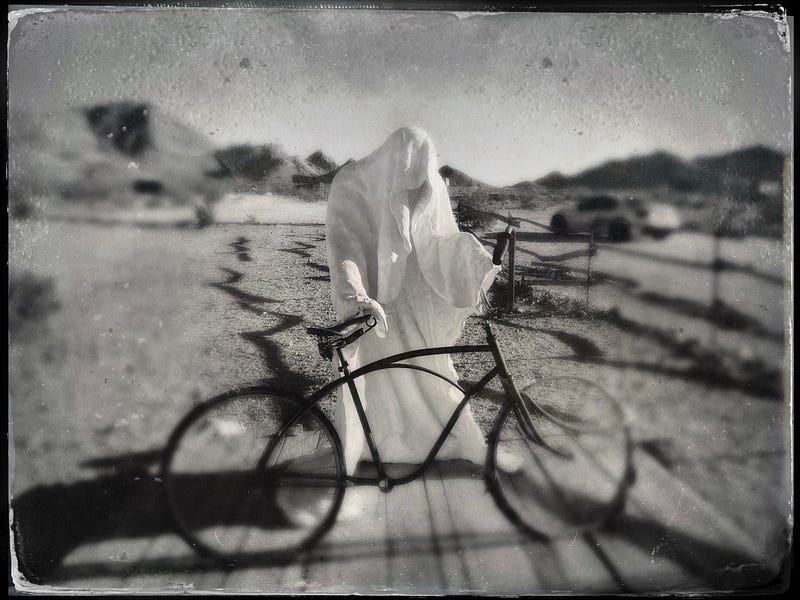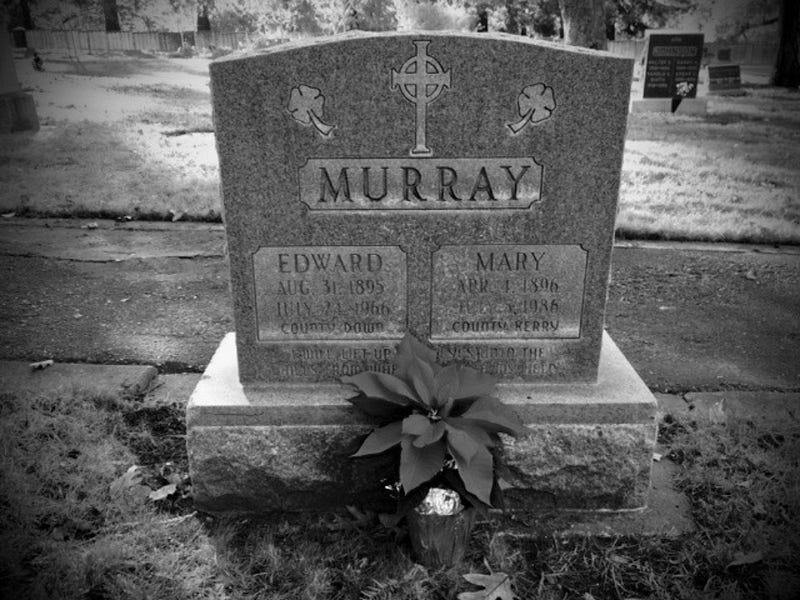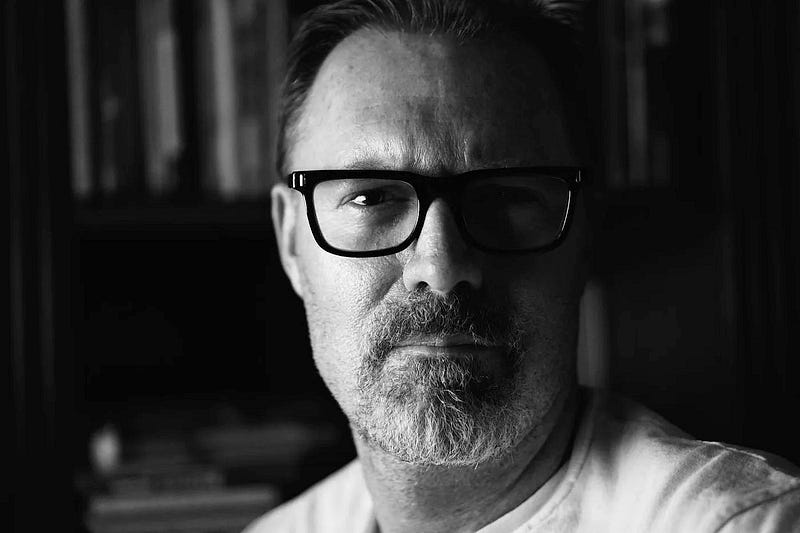Reflections on Our Second Death: Embracing Life's Journey
Written on
Chapter 1: The Concept of the Second Death
Have you ever contemplated the notion of your second death? It’s a thought-provoking idea that suggests we have two parts to our mortality.

The Père Lachaise cemetery in Paris holds the remains of over a million individuals, including renowned figures like Marcel Proust and Jim Morrison. As the most frequented cemetery globally, it serves as a testament to the impact of fame—where names linger long after their bearers have departed. While memorials may ensure that one is remembered, eventually, everyone faces their second death, the moment when their name fades from memory.
Recently, I discovered the evocative works of Danish artist Balder Olrik, who captures the haunting beauty of mausoleums in Père Lachaise. According to his biography on artland.com, Olrik skillfully evokes deep emotion through his imagery, inviting viewers to appreciate the intricate details of his subjects.
His profound connection to the cemetery stems from a personal health crisis that led him to reflect on mortality. He noted, “Every man has two deaths: when he is buried in the ground and the last time someone speaks his name. In many respects, men can attain a form of immortality.” After recovering, Olrik began photographing the cemetery's mausoleums, exploring themes of love and remembrance.
A compelling documentary titled “Balder Olrik: We Will Be Forgotten” produced by Louisiana Channel delves into his artistic journey.
In this documentary, Olrik shares a poignant experience he had while observing one mausoleum. He described how a bouquet of silk flowers, covered in spiderwebs, struck him profoundly, symbolizing the inevitability of being forgotten. His own battle with illness made him acutely aware of how life can move on without us, leading him to reflect, “Slowly you are kind of counted out.”
Section 1.1: The Peace of Cemeteries
Cemeteries possess a tranquil quality, serving as spaces for both remembrance and introspection. In a previous essay, I highlighted three reasons to visit a graveyard: to honor the deceased, to reflect on one’s own life, and to think about the future.

During my visits to the cemetery where my family rests, I am often moved by the flowers and messages left at graves. These places not only commemorate those who have passed but also encourage the living to reflect on their own journeys.
Olrik’s observations of the mausoleums reveal the enduring connections of love: “It’s clear that someone has cared deeply for someone else. The most poignant mausoleums reflect the affection between the deceased and the living, yet at some point, that connection is relinquished.”
Section 1.2: Living Fully
A few years before my father's passing, we walked through our local cemetery. He, ever the planner, secured plots for himself and my mother. As we strolled, Dad mused about the lives each headstone represented, saying, “Each one had aspirations and dreams, but no one escapes death. The best we can do is to live fully.”
Perhaps the pursuit of fame stems from a desire for immortality, a fear of being forgotten once those who remember us are gone. Irvin D. Yalom poignantly articulated this in his work, pondering who will be the last to remember him.
The notion of “second death” suggests that while loved ones may initially keep our memory alive, eventually, we fade from collective consciousness. For those of faith, death represents a transition to something greater; skeptics argue that life is finite, urging us to make the most of our time.
Near the documentary's conclusion, Olrik reflects, “It made me realize that I should pursue what I want in life. Perhaps our anxiety over not being eternal is misplaced. Why do we struggle with the inevitability of an end?” This sentiment resonates universally.
Chapter 2: Embracing the Present
Olrik’s message encourages us to live in the moment, to cherish our families and passions, and to appreciate life’s offerings. While it’s beneficial to reflect on mortality occasionally, it’s crucial not to become ensnared by it.

As I conclude, I invite you to contemplate your own journey and the legacies you wish to leave behind. Life is fleeting; make the most of it while you can. If you found value in this narrative, consider subscribing to my newsletter, The Saturday Letters, for more reflections and insights.
A thoughtful exploration of what the second death means in the context of Revelation 21:8.